PRESENT

PAST

El verbo 'To be' tiene una importancia especial en inglés. Se corresponde a los verbos españoles "ser" y "estar". Dependiendo del sentido de la frase deduciremos de cual de los dos se trata.
| I am English / Soy inglés I am in England / Estoy en InglaterraTiene algunos usos especiales distintos a sus equivalentes españoles. - Sirve para expresar la edad, en cuyo caso se traduce por 'tener': Mary is 20 years old / Maria tiene 20 años I am 21 / Yo tengo 21 años How old are you? / ¿Cuántos años tienes? - Para expresar las sensaciones también se emplea el verbo 'to be' y equivale al 'tener' español. Are you hungry? / ¿Tienes hambre? He is thirsty / Tiene sed - También para hablar sobre el tiempo atmosférico. En este caso se traduce por 'hacer' It's windy / Hace viento It's very cold / Hace mucho frío PRESENTE DE INDICATIVO |
| FORMA AFIRMATIVA | FORMA NEGATIVA | FORMA INTERROGATIVA |
| I am (I'm) | I am not (I'm not) | am I? |
| soy, estoy | no soy, no estoy | ¿soy yo?, ¿estoy yo? |
| you are (you're) | you are not (you're not) | are you? |
| eres, estás | no eres, no estás | ¿eres tú?, ¿estás tú? |
| he is (he's) | he is not (he's not) | is he? |
| él es, está | él no es, no está | ¿es él?, ¿está él? |
| we are (we're) | we are not (we're not) | are we? |
| somos, estamos | no somos, no estamos | ¿somos?, ¿estamos? |
| you are (you're) | you are not (you're not) | are you? |
| sois, estáis | no sois, no estáis | ¿sois?, ¿estáis? |
| they are (they're) | they are not (they're not) | are they? |
| ellos son, están | ellos no son, no están | ¿son, están ellos? |
| FORMA AFIRMATIVA | FORMA NEGATIVA | FORMA INTERROGATIVA |
| I was | I was not (I wasn't) | was I? |
| fui, era / estuve, estaba | no fui, no era / no estuve, no estaba | ¿fui?, ¿era? / ¿estuve?, ¿estaba? |
| you were | you were not (you weren't) | were you? |
| fuiste, eras / estuviste, estabas | no fuiste, no eras / no estuviste, no estabas | ¿fuiste?, ¿eras? / ¿estuviste?, ¿estabas? |
| he was | he was not (he wasn't) | was he? |
| fue, era / estuvo, estaba | no fue, no era / no estuvo, no estaba | ¿fue?, ¿era? / ¿estuvo?. ¿estaba? |
| we were | we were not (we weren't) | were we? |
| fuimos, éramos, / estuvimos, estábamos | no fuimos, no éramos, / no estuvimos, no estábamos | ¿fuimos?, ¿éramos? / ¿estuvimos?, estábamos |
| you were | you were not (you weren't) | were you? |
| fuisteis, erais, / estuvisteis, estabais | no fuisteis, no erais / no estuvisteis, no estabais | ¿fuisteis?, ¿erais?, / ¿estuvisteis?, ¿estabais? |
| they were | they were not (they weren't) | were they? |
| fueron, eran / estuvieron, estaban | no fueron, no eran / no estuvieron, no estaban | ¿fueron?, ¿eran? / ¿estuvieron?, ¿estaban? |
En el Presente, las formas afirmativa y negativa se pueden contraer, mientras que en la forma interrogativa no. En el pretérito solamente la forma negativa puede contraerse.
Las formas contraidas suelen utilizarse en la conversación, pero no se usan de forma escrita salvo cuando el propio escrito tiene un carácter informal o refleja una conversación.
TO BE + INFINITIVO
Cuando al verbo 'to be' le sigue un infinitivo adquiere una importancia especial:
- Es una forma de dar instrucciones u órdenes de manera impersonal.
She is to stay here till we return / Ella debe quedarse aquí hasta que volvamos
(en lugar de 'She must stay....')
- Sirve para establecer un plan
She is to be married next year / Ella va a casarse el año próximo
TO BE + GOING TO
Expresa una forma de futuro. Equivale a las expresiones españolas "ir a..., estar punto de... tener la intención de..., etc."
We are going to the theatre tonight / Vamos al teatro esta noche
I am going to travel to Buenos Aires next Monday / Tengo la
intención de viajar a Buenos Aires el próximo lunes.
EXERCISES
http://www.englishexercises.org/makeagame/viewgame.asp?id=2813
http://www.anglomaniacy.pl/printables.htm
http://www.agendaweb.org/verbs/to-be-exercises.html
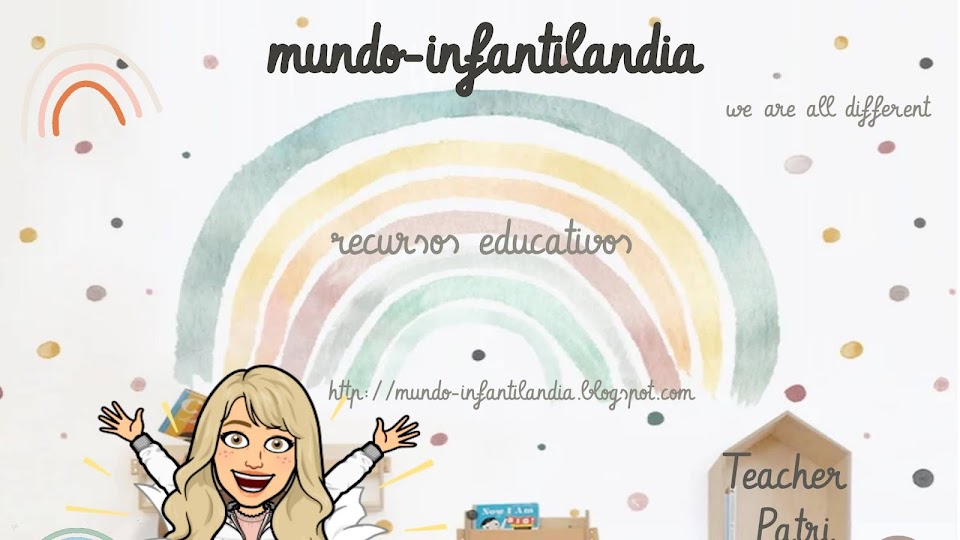


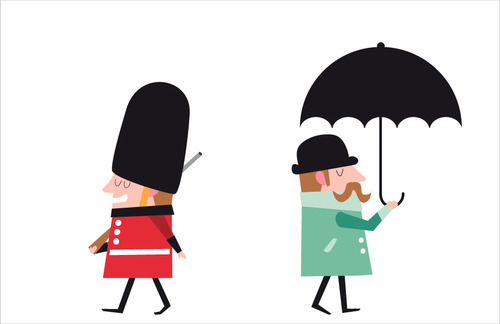




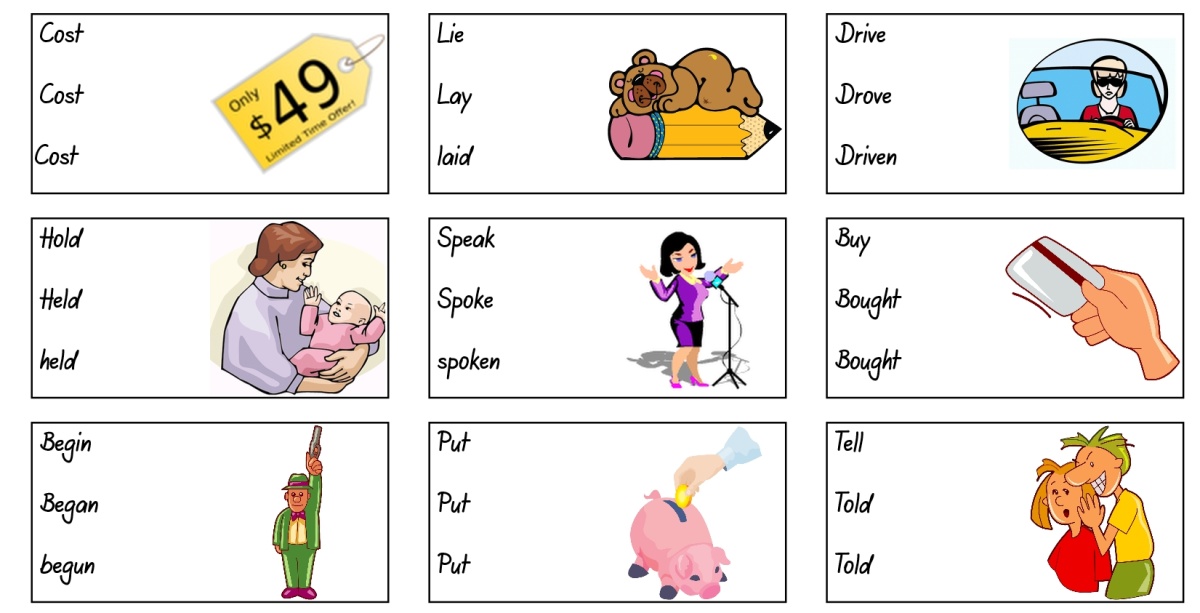

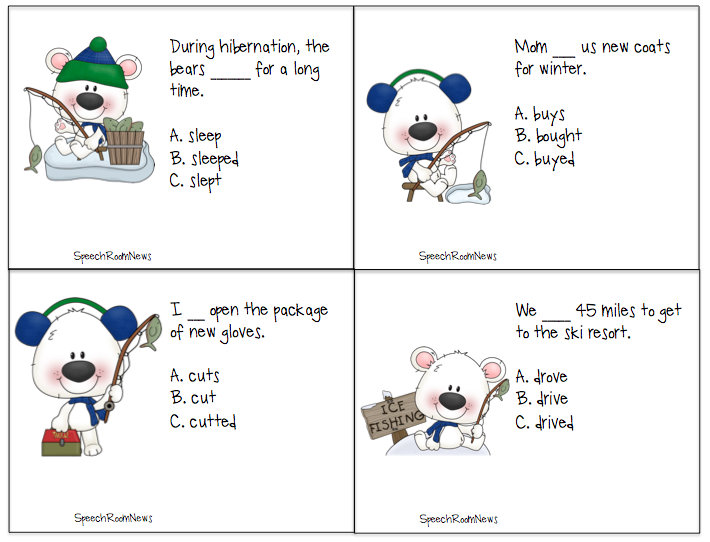

.gif)



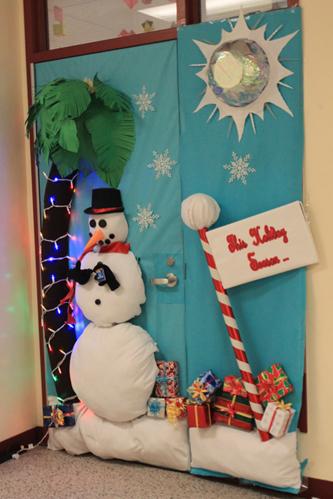


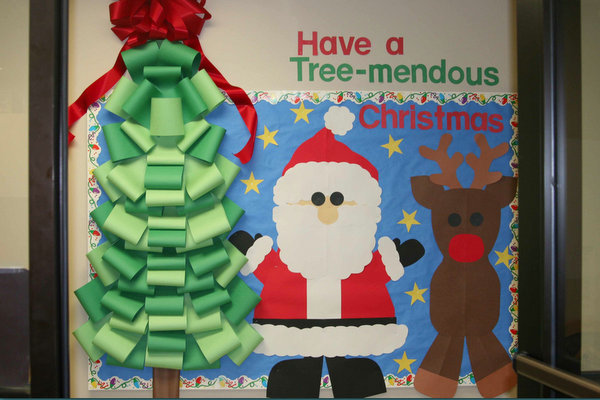





 WE ARE THE WORLD
WE ARE THE WORLD
